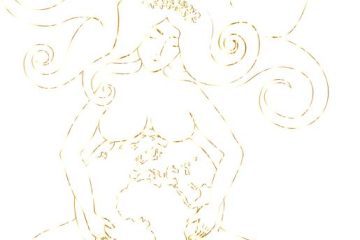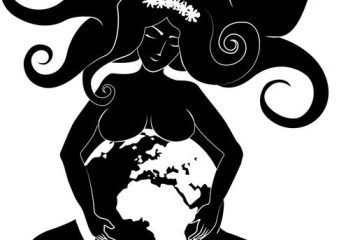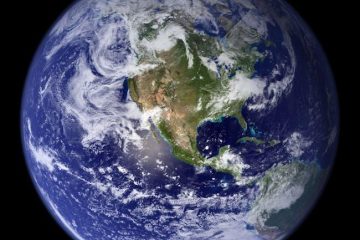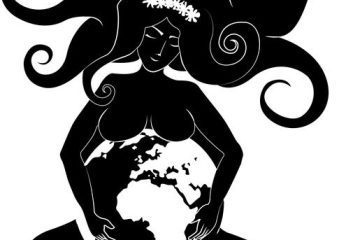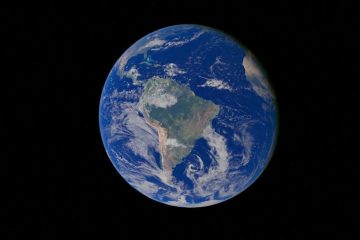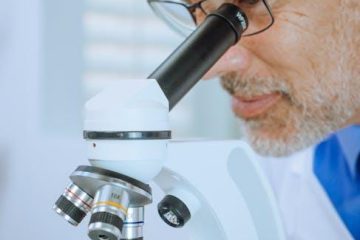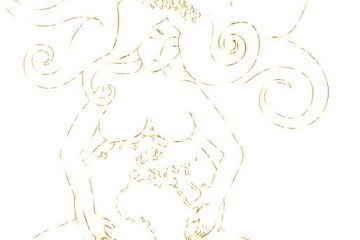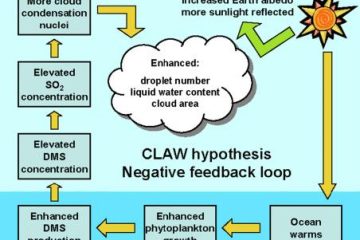Gaia hypothesis
gaia hypothesis diagram
The Gaia Hypothesis presents Earth as a self-regulating system, where living organisms and their inorganic surroundings interact harmoniously. A diagram illustrating this concept can reveal the intricate connections between life and the planet’s ecosystem.
